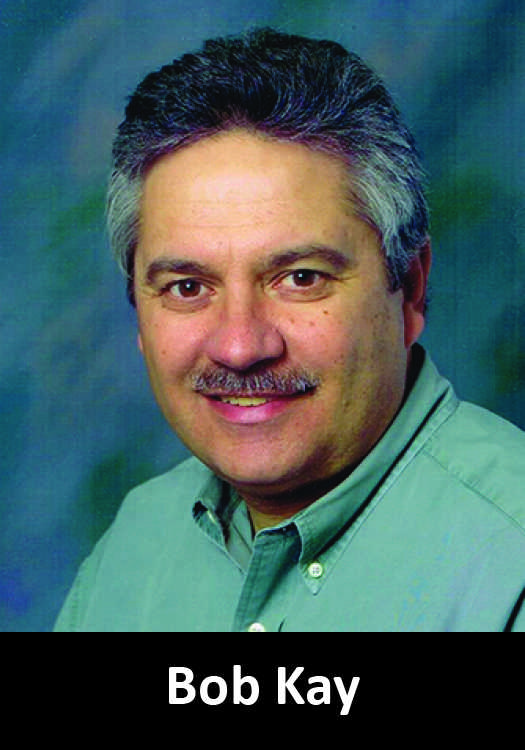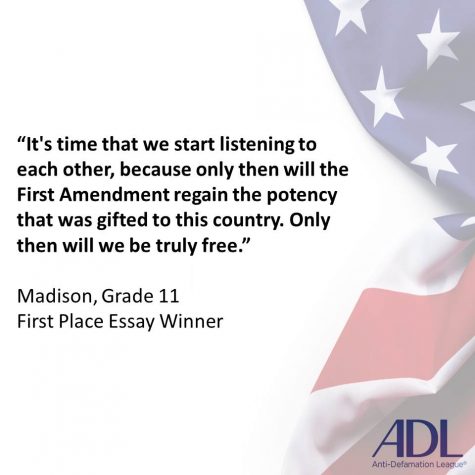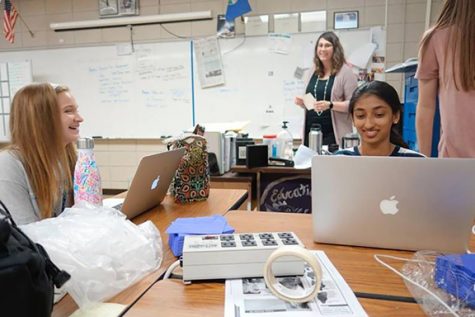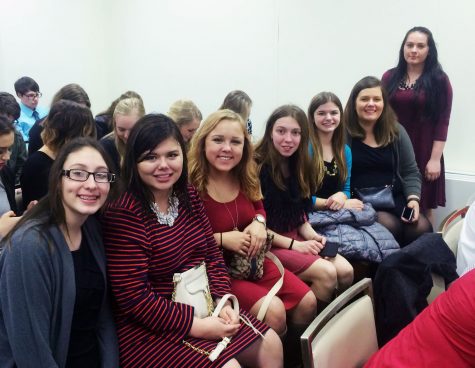When the public interest is more important than privacy
By Bob Kay
Probably one of the most difficult stories to pursue as a high school journalist is the one involving the potential misconduct of school administrators or staff. Most of the time you will get stone-walled by administrators claiming that this is a personnel matter and confidential. But when does it become something important enough to the public interest to override the protections of confidentiality? Shouldn’t the student press have access to information when the actions of administrators or staff directly affects the welfare of students?
During my 20-year tenure as the newspaper adviser at Grayslake Community High School, there were two instances where this became particularly problematic. The first instance involved a situation where a department chair changed the grade for a student without informing the teacher. We were able to get a good story out of this because the teacher in question went public with this information by contacting the commercial newspapers with the story. Because of this we were able to gain access to the parties involved and at least get some information beyond the cloak of the “personnel issue” argument typically used by the administration.
The second instance was a bit more challenging. This involved a case where some coaches and the athletic director were accused of some wrongdoing during a state athletic tournament downstate where they were supervising athletes during overnight stays in a hotel. We were basically stonewalled at this point, although there was discipline meted out in the form of suspensions for some and a dismissal for one coach. At this point the editors of our newspaper decided to make a Freedom of Information Act request, but it was cumbersome. The little information we did get came well after the end of the school year after all of those senior editors had graduated and they decided not to pursue it.
As an adviser, this puts you in a difficult situation as these staff members are your colleagues and friends you are investigating. But the administration should not be hiding behind the personnel curtain to conceal misconduct involving actions that allegedly affected the students under their care. You need to emphasize there are situations where the public interest is more important than privacy. You need to make clear that you are only concerned with the facts concerning the incident at hand, and not all of the entries in a staff member’s personnel file. The fact that the administration is denying you access to this information is usually a red flag that something significant has happened. At this point you need to use your negotiating skills to try and garner any information that you can to write the story.
(I would like to give attribution to Student Press Law Center Executive Director Frank LoMonte for some of the legal arguments in the final paragraph, as found in his article of 5/8/12 called “Transparency Tuesday” on the SPLC website.)
Bob Kay is the former newspaper adviser at Grayslake Central High School in Illinois. An attorney, he is now a member of the KEMPA board. His blog focuses on First Amendment issues for scholastic publications.






